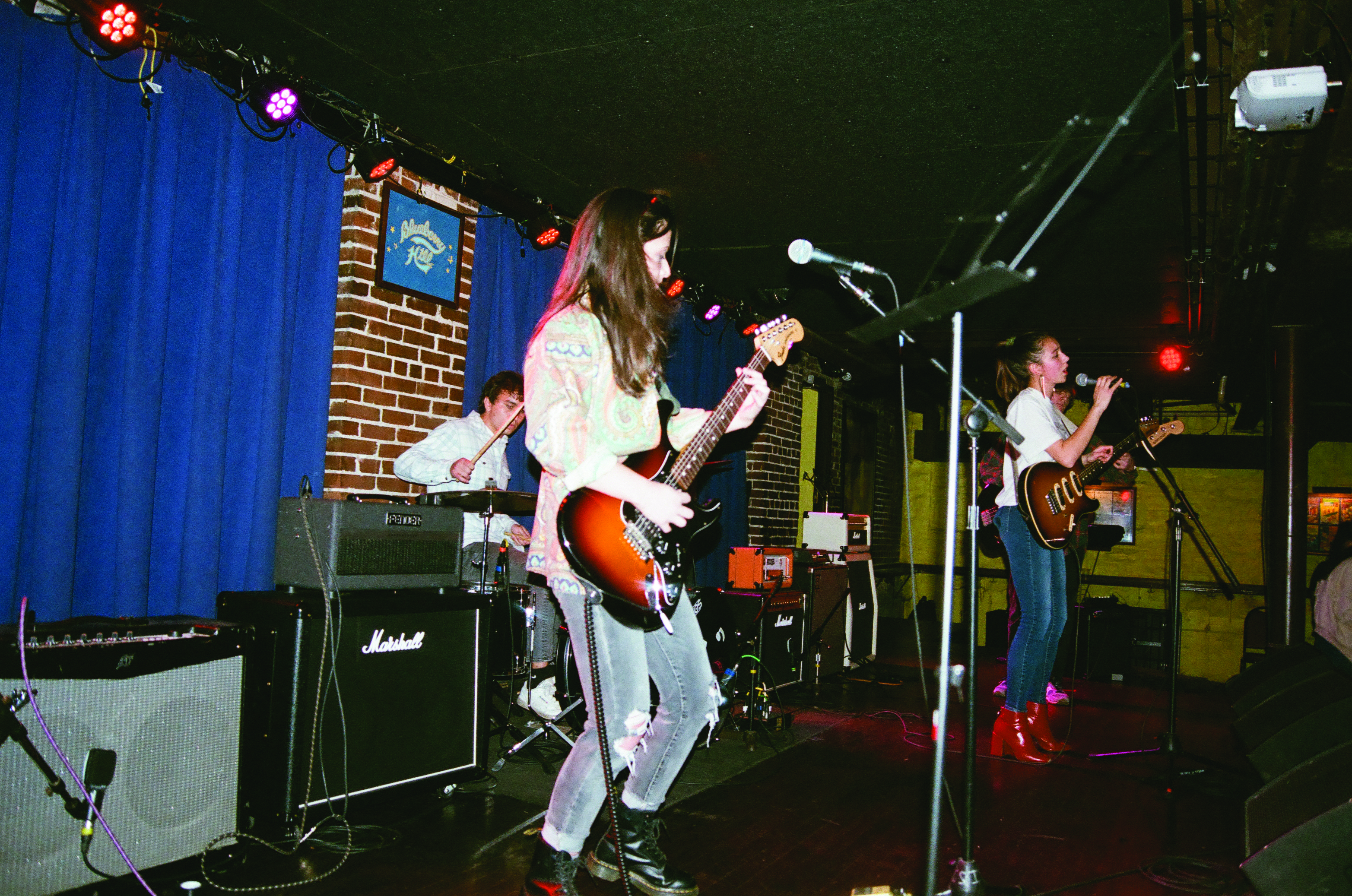Senior Josh Valeri shares his perspective on four years in Arts & Sciences and the incredible power of interdisciplinarity.
When I first came to WashU, I was fascinated with the idea of objective knowledge. I saw education as a process of transcending personal biases to approach universal truths. As a full-scholarship student, I also viewed education as a means of transcending the relative limitations of my financial background to achieve universal notions of “success.” With these lofty goals in mind, and a half-hearted belief that I was destined to become a doctor, I declared a major in biology.

Four years later, on the cusp of graduation, I’m relieved these plans fell through. What I found instead is the incredible power of interdisciplinarity – of putting different views in conversation.
By the end of my first year, I realized that I simply had no desire to become a doctor, and my ideals of objectivity were not as solid as I thought. So in addition to my STEM classes, I began to explore my interests in philosophy, writing, and music.
In a class on 17th-century philosophy, I discovered the philosophical foundation of a scientific method nearly identical to the one taught in my biology classes. Clearly, scientific objectivity had stood the tests of time. But this class also showed me how unstable systems of rational inquiry could be when applied to features of subjective human experience. System after system had been developed by philosophers to objectively sort and describe human passions, and none of them had attained the universal influence of the scientific method. It seemed like a systematic, purely objective knowledge of emotional and aesthetic experience kept slipping away from the microscope. I came to realize that capturing the subjective with the objective is essentially impossible.
I eventually added a second major in comparative arts to my studies of environmental biology, and that coursework has helped me more fully appreciate this duality. My extracurricular activities across disciplines have, too. Through WashU’s radio club, KWUR 90.3 FM, and playing in rock bands with friends, I discovered how music can simultaneously resonate on a deeply personal level and also create a community. During internships with Tyson Research Center and the Ampersand, I explored the art of science communication, creating written and multimedia content to engage general audiences with the work of researchers.
"On the cusp of graduation, I’m relieved these plans fell through. What I found instead is the incredible power of interdisciplinarity – of putting different views in conversation."
Room to explore and eventually thrive on the intersections of the subjective and the objective – of the arts and the sciences – has been the most rewarding part of my time at WashU.
Looking ahead to graduation and beyond, I hope to continue placing these concepts in conversation. As an aspiring media and communications professional, I’m keenly aware that misinformation masquerading as objective truth is being packaged in aesthetic formats – catchy music, sleek graphic designs, elaborate visual humor, and well-edited videos – that demand attention in ways that journal articles simply do not.
I believe we can, and must, harness the arts and the sciences to address the spread of misinformation, which has become so harmful during the pandemic.
My experiences at WashU have taught me that I, like science, cannot afford to ignore the importance of the arts. Instead, I see a future where their combined powers can build connections, shape communities, and lead us toward a stronger society. I'm excited to be a part of that future.

